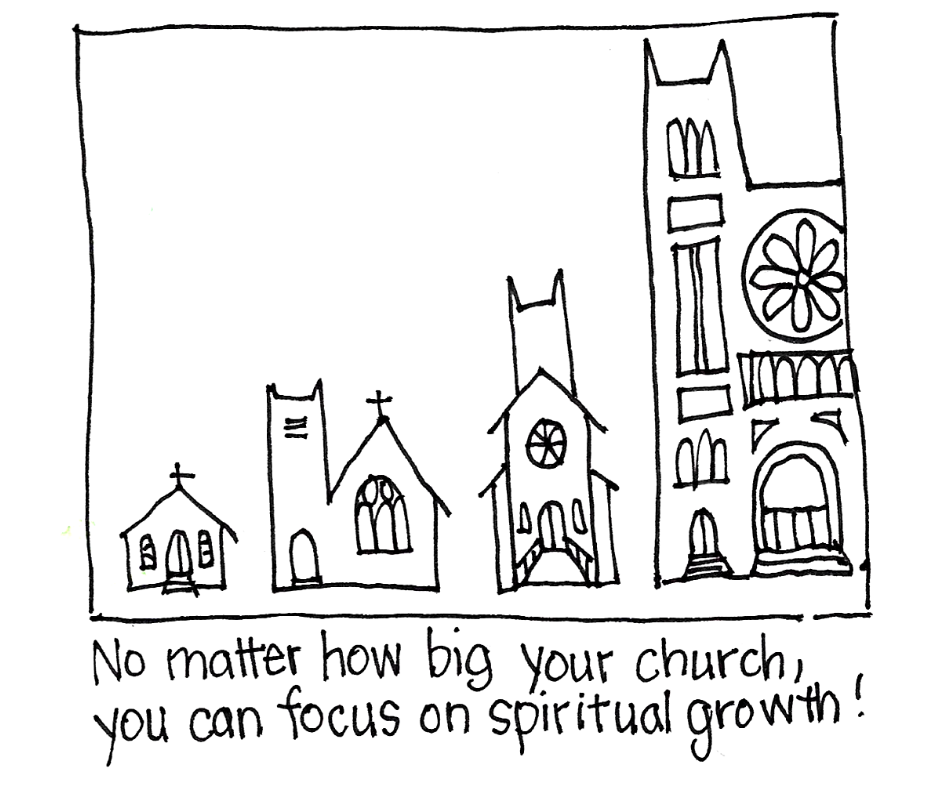
|
Blessed are the meek
Blessed are the meek, for they shall inherit the earth.-Matthew 5:5
Someday, probably after retirement, I’ll write a book of tales from my ministry, stories of weddings, funerals, comments at the door of the church after a sermon, and encounters with search committees.
Here’s a sneak preview from one encounter with a group looking for a new rector. Midway through a very nice dinner at a quiet restaurant, a member of the committee asked me: “So, Jay, how do you respond when people tell us that you’re a wimp?” I recognized it as a rather shrewd question from a smart guy, tricky to answer, not unlike the question: “Have you stopped beating your wife?” As I recall, I had two immediate thoughts. 1. Guilty as charged. 2. Waiter, can we have the check. I withdrew from that search process soon after that dinner.
Not that this filterless interviewer hadn’t hit on a truth, let alone struck a nerve. I’ve gotten over it. Really I have. Like many clergy, I live to please people. I hate conflict. And I might even rise to self-defense by quoting from the Sermon on the Mount, about the blessedness of the meek.
But that’s not available to me, because I’ve come to believe that being meek and being a wimp are not the same thing, no matter what our culture thinks of meekness. Too often this verse has been used to encourage people to be a doormat for Christ, and perhaps especially, to ask people who have been oppressed or marginalized to accept that fate. That does not seem to me to be the way of Jesus.
So what are we to make of meekness? It’s always interested me to read the description of Moses, the greatest leader of the Hebrew Scriptures. He’s the model of liberator, someone who found the courage to stand up to Pharoah and orchestrate the exodus, someone who dared to believe that the waters of the Red Sea could part, someone who led the children of Israel through the desert, navigating challenges to his authority. So how do the Hebrew Scriptures describe this guy? In the King James Version we read: “Now the man Moses was very meek, above all the men which were upon the face of the earth.” (Numbers 12:3) A recent lectionary selection from the New Testament letter of James sent this: “Rid yourselves of all sordidness and rank growth of wickedness, and welcome with meekness the implanted word that has the power to save your souls.” (James 1:21)
I don’t remember many sermons, including my own. But decades ago I heard a sermon on this teaching of Jesus, given to a congregation filled with powerful people in our nation’s capital. The preacher described meekness as power under control. It is that quality of humility which Frederick Buechner describes this way: “True humility doesn’t consist of thinking ill of yourself but of not thinking of yourself much differently from the way you’d be apt to think of anybody else. It is the capacity for being no more and no less pleased when you play your own hand well than when your opponents do.”
As we think about meekness in terms of power under control, it becomes a stewardship issue. What do we do with what we’ve been given? Do we use it for our own sake, for self-promotion, or to diminish others? Canon Stephanie Spellers, in her book The Church Cracked Open, speaks of the call to stewardship of privilege. I suspect all of us experience some kind of privilege. In the global context, the fact that we read this column online means we have more than many. If we have more than one pair of shoes, we’ve got more than most. Blessed are the meek who have privilege, whatever form it takes, and who use it for good.
And what is the measure of such blessedness? They shall inherit the earth. Again, I’m not entirely certain what that means. It’s subject to wide-ranging interpretation. But give this a try. Blessed meekness has to do with living in the world as God intended, with a right sized understanding of who we are and who God is, and with a commitment to use what we’ve been given for good. Try living in the world that way this week. I’m going to go out on a limb here, but I suspect our world could use more and not less meekness.
-Jay Sidebotham
Episcopal Church announces ‘My Way of Love for Small Groups’ resource for spiritual growth
Responding to a hunger for deeper discipleship among Episcopal congregations, creators of the My Way of Love initiative announce an upcoming new spiritual journey guide, video and other materials designed for small groups.
“My Way of Love for Small Groups” expands on the individualized spiritual journey laid out in My Way of Love and offers step-by-step guidance, scriptures, prayers, and reflections for nine weekly group gatherings. The resources will be available in early October; a sample can be found at this link online.
“Participating in ‘My Way of Love for Small Groups’ is a great community builder and especially appropriate for smaller congregations,” writes Jay Sidebotham, founder of RenewalWorks, in the guide’s introduction. “We believe you’ll find it to be a great process for a vestry study, undergirding confirmation classes, informing a teaching series in youth group, or as part of a standard Bible study or prayer group.”



